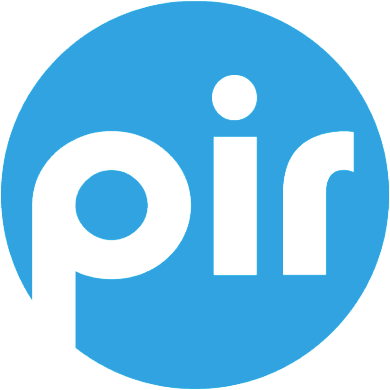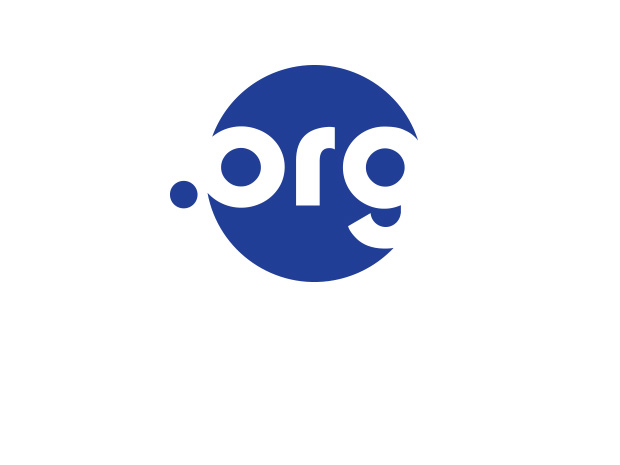After 10 years in refugee camps Salva had the good fortune to be resettled in the U.S. Speaking little English, and wearing just the clothes on his back, he arrived in Rochester, New York in February 1996. Salva worked hard to learn English and eventually attended community college and began to make his new life in America. He assumed his family was dead, and they assumed the same of him. In 2001 he learned his father was alive, but gravely ill from water-borne diseases. Salva’s new friends helped him raise money to go back to Sudan to say good-bye to his father.
After an emotional reunion Salva learned that his father would die if he kept drinking contaminated water so Salva resolved to help his father by drilling a well. He quickly realized the need was great and formed the nonprofit Water for Sudan in 2005 by drilling more wells. When South Sudan became independent in 2011 Water for Sudan became Water for South Sudan (WFSS). Our mission is to deliver direct, transformative and sustainable quality-of-life service to the people of South Sudan by efficiently providing access to clean, safe water and improving hygiene and sanitation practices in areas of great need. Salva’s father is still alive. As of May 2017, WFSS has now drilled 304 wells.
Q: Why is clean water in South Sudan a critical issue?
A: Lack of clean water, sanitation and hygiene is a root cause of maternal and child mortality, lack of development, lack of education (especially for girls), and instability in the world’s newest country. Our work empowers South Sudanese to transform their lives. WFSS brings access to clean water, hygiene education and sanitation to those in need in South Sudan.
Q: Tell us about a recent exciting moment for Water for South Sudan.
A: We are very excited about our ongoing United Peace and Development Project (UPDP), started in 2014. South Sudan enjoyed 2 ½ years of peace after its independence from Sudan. In December 2013, however, unrest broke out and continues today with fighting within South Sudan. While the unrest started as a power struggle between the president and vice president, the fighting also falls largely along tribal lines (among the two largest tribes in South Sudan, the Dinka and Nuer) who have historically been at odds.
Led by our founder Salva Dut (of Dinka heritage), WFSS teamed up with Omaha, Nebraska-based Aqua-Africa, led by Buey Ray Tut (of Nuer heritage), to develop the UPDP to drill water wells together. The goal of the project is to show South Sudanese how Dinka (Salva) and Nuer (Buey) could work together, as South Sudanese. We have now drilled 14 wells together and are putting plans together for the next phase of the project to include drilling more wells, and installing village water storage systems.
Q: What makes you excited about working for Water for South Sudan?
A: It is an absolute honor to work for an organization founded by such an inspirational leader. I find it so gratifying to know that our work is helping people directly and especially helping women and girls to have a better life. I am also honored to work with so many volunteers and supporters who love Salva, WFSS and are so passionate about our work. It is deeply moving to see young people inspired by Salva and his story, and work so hard to financially support our work. I see the good will from their fundraising go from the U.S. (and 44 other countries) to South Sudan. I also see the good will come back to them as they realize how powerful they are, and know that their efforts have helped children just like themselves, half-way around the world.
Q: How do you see your organization evolving over the next 10 years?
A: WFSS would like to expand our reach in South Sudan. We’d like to fully expand into the water, sanitation and hygiene (WASH) sector, and begin offering total services, including installation of latrines. We’d also like to develop our team, both in the US and South Sudan. A large part of our success is due to our on-the-ground leadership in South Sudan. Working with local people helps us navigate the country, interface with the government and other NGOs, and work side by side with the people we serve.
There are a number of ways to get involved with Water for South Sudan, including the H2O Project Challenge – an easy fundraising opportunity where you make water your only beverage for two weeks and donate the money you would typically spend on other beverages to WFSS. To participate or learn more about this #ORGinAction, visit their website at www.waterforsouthsudan.org and/or their social media channels such as Facebook, Twitter, and Instagram.
Are you a #ORGinAction? Reach out to us via Twitter (@PIRegistry) and tell us how you use your .org to amplify your organization’s work.

